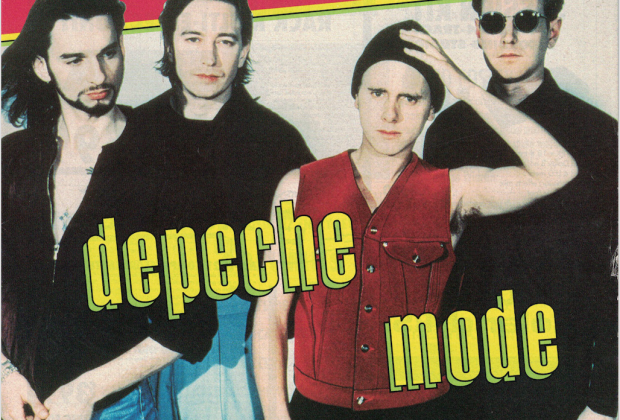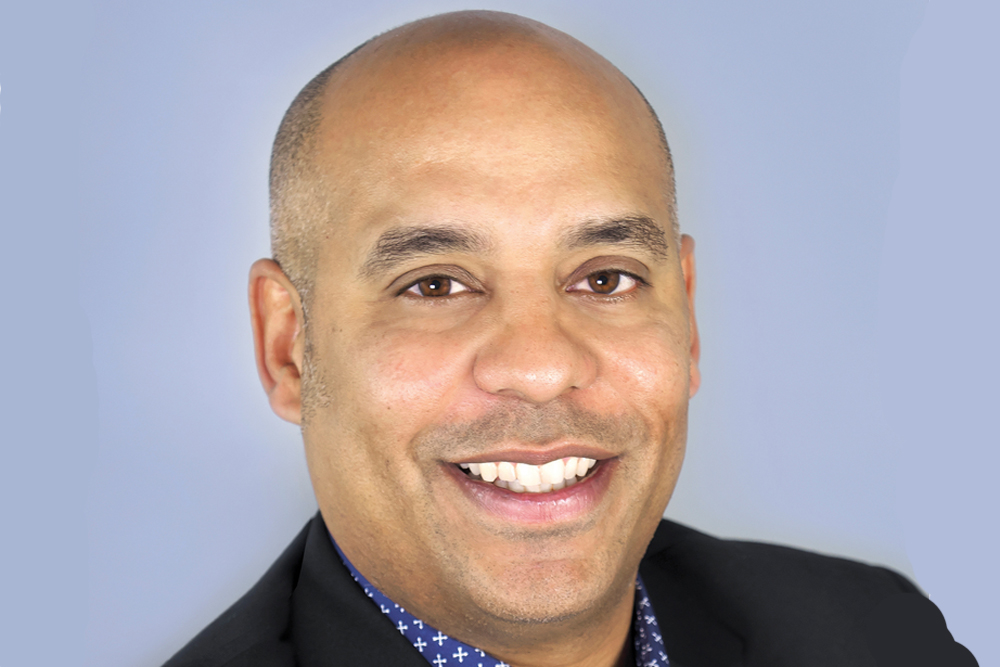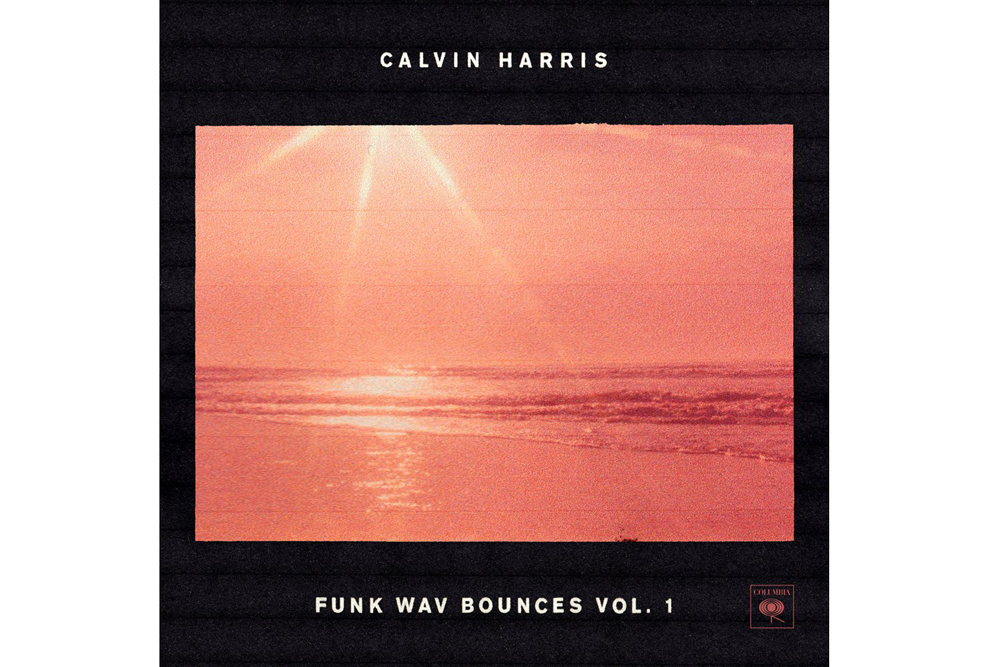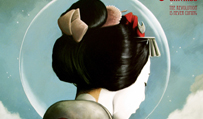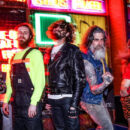Like most veteran bands who have survived with minimal lineup changes (this version of DM has been together since 1983), Depeche Mode benefits from having very clearly defined roles for each member. Gore is the songwriter, Wilder the production man, Gahan the singer and Fletcher the band manager.
“When it comes to making major decisions, it’s actually quite easy because we have such specific roles as individuals within the group,” says Wilder. “As the years have gone by, we’ve tended to actually make those roles even more specific. We’ve now honed those down to what everyone does best and nobody tries to do something within the group that somebody else can do better.
“For example, I don’t try to write songs anymore because I’ve come to realize that Martin’s a better songwriter than I am. But, by the same token, he doesn’t really step on my toes when we’re in the studio because he knows I’m much more interested in production and perhaps better at doing certain things in the studio. He becomes bored in the studio. Once he writes a song, he tends to lose interest.”
Fletcher is so adept at handing the non-musical aspects of Depeche Mode that the group can afford the luxury of being totally self-managed. “Marketing, tour questions, you know… there are so many things to be done once a record gets rolling. There are so many decisions to be made. It’s much more complicated these days. But I enjoy all of that,” says Fletcher.
With a big Depeche Mode tour about to commence, Fletcher figures to be a busy man in 1993 and possibly during the early portions of 1994. The DM tour is slated to arrive in the United States sometime in the second half of ‘93.
Fletcher says the band would like to avoid playing large outdoor stadiums on this tour. “It was a great honor to play in front of so many people [the last few tours],” says Fletcher. “But I think in the future, we want to shy away from playing in front of such huge crowds. It’s great fun but you tend to lose the relationship between you and the audience. We’ll still try to get across to as many fans as possible. Maybe we’ll have to give more concerts.”
Given Depeche Mode’s enormous popularity, it’s interesting to note that the band initially played second fiddle to fellow Brit synthesizer groups like the Human League and Soft Cell. Many of these “haircut” groups scored immediate U.S. hits in the early eighties, but today, virtually all of them have fallen into obscurity.
In contrast, Depeche Mode’s ascension to stardom was far more gradual and its success far less ephemeral. The band didn’t achieve its first hit until 1985 when “People Are People” climbed to Number Thirteen on the singles chart. Wilder believes that, besides strong songwriting, the group owes its popularity and durability to its usually captivating live performances.
“Over the years, we’ve had a powerful live act, for tone reason or another,” he remarks. “[As a partial reason] we’ve been able to attract a strong, loyal following that’s stuck with us. And they come back each time and they bring their friends. So it’s just grown naturally. It was only on the last record where that steady incline increased and went through the roof.”
Understanding the sociological appeal of star rock groups is usually a fairly simple matter. The early Beatles were lovable mop-tops who presented a fashionable but well-scrubbed image. Conversely, the Rolling Stones offered a strong dose of sex and rebellion to an audience primed for both.
But Depeche Mode’s mainstream success if at least a little peculiar given the group’s penchant for sometimes dark and depressing material. The typically bleak “Blasphemous Rumors,” one of the groups better songs, can be interpreted as a harsh condemnation of an unloving Christian God. And its aptly titled 1986 Black Celebration album - perhaps the group’s gloomiest - is the type of record that would seem more suited to the minority of teenage outcasts than the majority of All-American mall rats who seem to make up most of the group’s audience.

